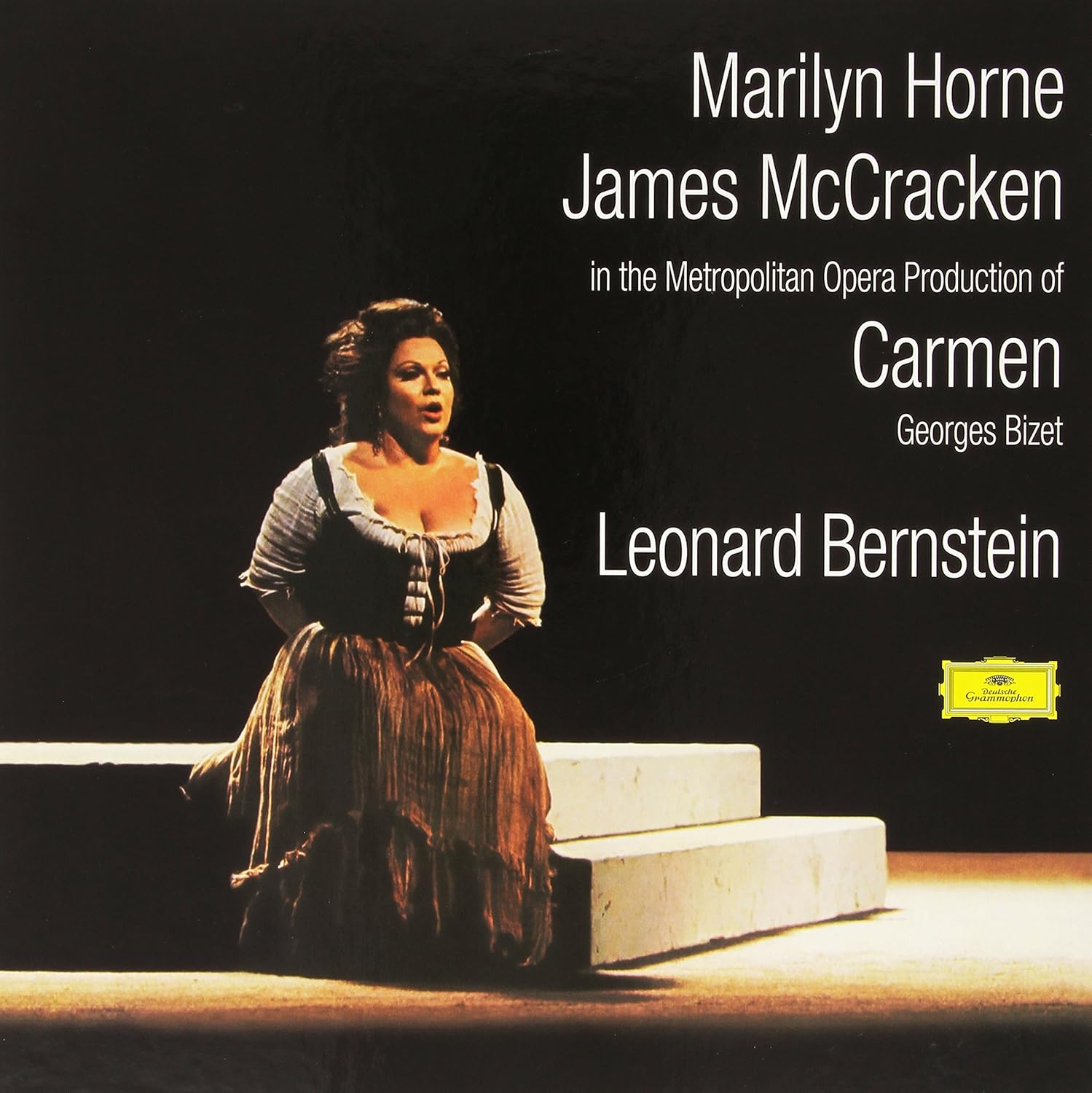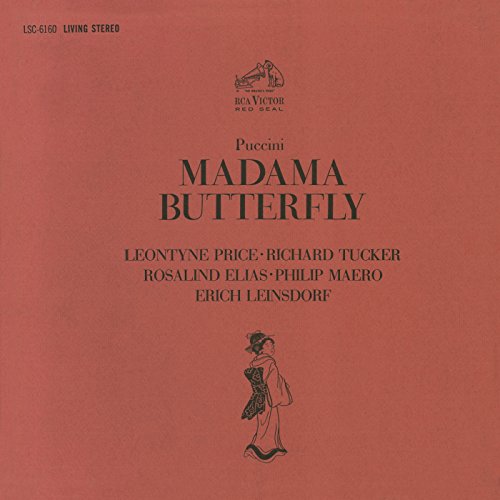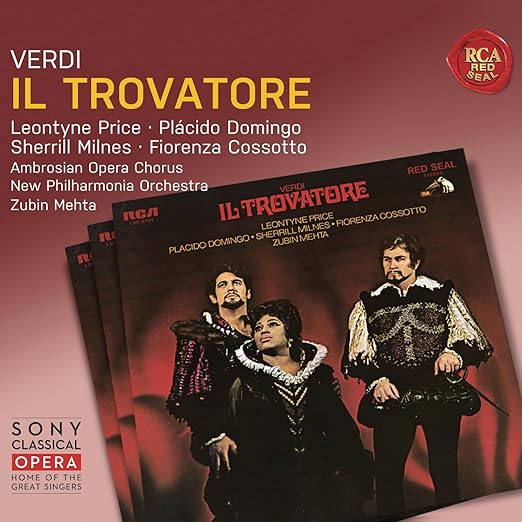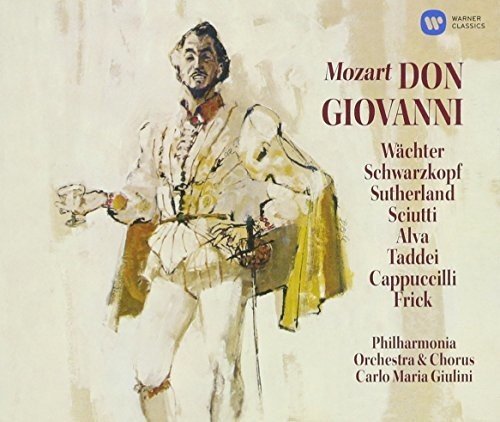Classical music - hires remasterings of analogue recordings
Posted by: EJS on 22 January 2018
Hi all,
Over the last few years, we've seen the classical music majors (Universal and Warner) and some minors (notably Pentatone) release new editions of older classical records - leaving us in the fortunate position to be able to contrast and compare editions and marvel at the improvements (?). I've collected a fair few remasterings of recordings that I know well and love, to do exactly this. What I've found is that in some cases, the remasters can only be considered an improvement; in other cases, I struggle to hear anything, or worse, the remaster is different or worse than an earlier incarnation. I thought I'd share a few observations.
Warner classics / EMI
There is one series that I've found to be universally disappointing from a sound quality perspective, and that is EMI's Great Recordings of the Century series, from the 90s and early 00s. Under the ART (tm) label, EMI turned perfectly good CD editions into digital sounding mush, with artificial spotlighting of voices or solo instruments, heavy handed cedar (tm) noise reduction and artificial rebalancing to make up for the damage done. In all cases I was able to sample, the earlier CDs sounded much better - particularly severe casualties include Gieseking's mono Debussy, Beecham's La Boheme, Giulini's Don Giovanni, and particularly Rostropovitch 1977 recording of the Dvorak cello concerto.
There is good news, however: with their Callas, Perlman and Rostropovitch editions, Warner has taken significant steps to undo their legacy of bad remasters, and in almost all cases the results clearly surpass all earlier editions. The high point must be the recent 'legendary opera' series, also remastered at Abbey Road but in this case clearly by people who care - the transfers are fantastic and worth every penny.
Universal (Decca / Deutsche Grammophon)
Decca's remasters range from indifferent to good. In many cases, the hires editions that are being made available sound like they are the masters used for the Originals series, in the 90s. This series provided excellent sound and in many cases improved on earlier editions, with truthful balancing and no obvious noise reduction artefacts. There is a bit more clarity, and also a bit more tape noise (which is preferable to the alternative) - e.g. Karajan's Ring, Kempf's Beethoven. There are a few exceptions such as Kleiber's La Traviata, which gained some unwanted reverb, but overall this series could be trusted. The hires files - although they are not new in the strict sense - sound excellent as well, although the improvement to the CDs is so marginal that I wouldn't say they are worth the extra outlay.
New remasterings were done for several editions, including the Pavarotti and Sutherland boxes. I've listened to a few of these and found them to be generally good, although somewhat sloppy. For instance, the much needed transfer of Bonynge's second Lucia di Lammermoor sounds better than ever, but also has clearly audible tape cuts that weren't in any of the earlier CD editions and could easily have been edited out.
Solti's Ring deserves its own paragraph - people may not agree with me but I think Decca got it right with their first CD issue, and messed up in 1997. The recent hires remastering improved on this somewhat but the first edition, digital artefacts and all, is the one to get.
Pentatone
Pentatone regularly releases surround sound remasters of older recordings by DG and Philips classics that were originally done in experimental surround. Even in stereo, these remasters sound great, often better than the CD editions. They are not commercially available as downloads, only in SACD.
Cheers
EJ





